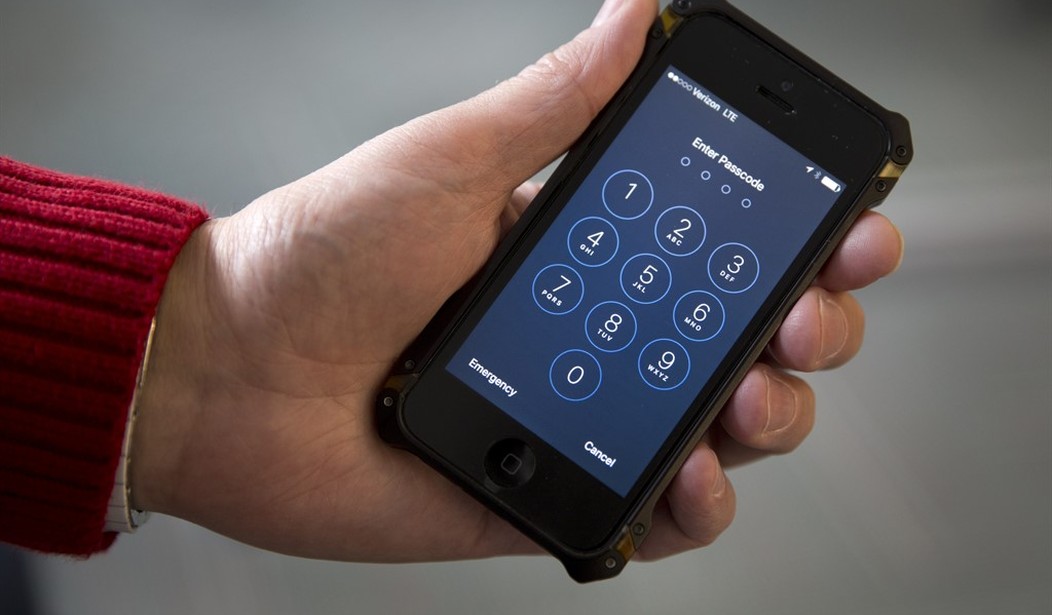One of the great ironies of the tech revolution is that Americans have more phones than ever, and more Americans than ever are afraid to talk on them. The journal Consumer Affairs reports that more than 330 million Americans have a mobile telephone, about 97% of the population. But a new fear has emerged suggesting that talking on the phone is a dying art, like writing letters.
This fear is called telephonophobia. For some reason, people are increasingly afraid of using their smartphones for talking, choosing instead to use them for non-verbal communication. The trend appears to be most pronounced among younger Americans - the Millennial and Gen-Z demographics, born between 1980 and 2010.
“Telephonophobia refers to the anxiety caused by having to communicate with someone by voice,” reads a 2022 report from the German self-service consultancy Conntac. One study found that about 80% of respondents “admitted that they have to prepare before a call because they fear saying something unpleasant and panicking.”
The New York Post more recently reported “Most subject matter experts believe this apprehension to phone calls is associated with social anxiety.” In explaining how anxiety causes people to avoid telephone conversations, the Post continued, “Social anxiety stems from the fear of judgement or humiliation."
I occasionally jot down notes before a business call but this rationale doesn’t seem entirely plausible. People who are concerned about judgment or humiliation in a phone conversation might spend a few minutes scrolling through the humiliating judgments that routinely accompany X or Facebook posts. In a phone call, nasty remarks go in one ear and out the other. But on social media platforms, they endure. Judgment and humiliation can also be found in text and email threads, so it’s unclear why the spoken word has become more threatening than the written word.
Recommended
In some respects, telephone conversations are the antithesis of the relative anonymity of non-verbal communication. I vividly recall the early days of the Internet when message boards on 1990s-era websites were filled with all manner of conduct unbecoming, telling my colleagues, “Nobody would ever say that to the guy next to him at the bar; he’d get slugged.”
Non-verbal communications are not necessarily anonymous but they do put a certain amount of disconnected space between people; there’s no human contact in reading a screen. Spoken words, however, are more personal, more direct, and more real. They humanize us. We are more responsible for our words in the moment, making most people more tempered in conversation. We might write, “You’re a ******* moron!” in a text message or online post, but say “I disagree with you,” when speaking with someone.
It’s no stretch to say this trend away from spoken communication abets the coarsening of the culture. We’re held less accountable for what is written on a screen from afar, so we can write whatever we wish with little consequence. That’s how Twitter Wars used to start. This dynamic incentivizes less civility in communication which, in turn, cultivates less civility in society at large.
But there’s more to this I think. Many telephonophobia survey respondents say they are afraid of offending someone, or being offended, during a telephone call. Many others report they do not know what to say during a call, prompting anxiety. It’s as if the woke ideology of the past decade has yielded a crop of emotionally crippled, intellectually torpid people who don’t know how to have a simple conversation any more. It’s not their fault; the culture made them that way.
Bell Systems advertised its phone service in the 1970s by urging consumers to “reach out and touch someone.” Motown’s Stevie Wonder spent three weeks atop the Billboard Hot 100 in 1984 with his mega-hit, “I Just Called To Say I Love You.” But for many Americans, these sentiments are as antiquated as Jane Austen using wax to seal a letter written with a quill pen. Telephonophobia has made millions of Americans too frightened, too fragile, too weak to pick up their iPhone for the purpose of making or taking a call.
I have experienced phobia in my life. For many years, I had acrophobia until the Navy ordered me to climb to the top of aircraft carrier masts to do equipment maintenance. I eventually got over my fear of heights and later came to volunteer for the duty; the views and quiet solitude when you’re 200 feet above the sea are pretty fantastic.
Only by confronting our fears can we overcome them. But those lacking the courage to pick up the phone and have a chat risk more than the continued anxiety of telephonophobia. Famed life coach Thomas Leonard warned, “All problems exist in the absence of a good conversation.” The phone can be an object of fear or a tool of happiness. The choice is ours.

























Join the conversation as a VIP Member